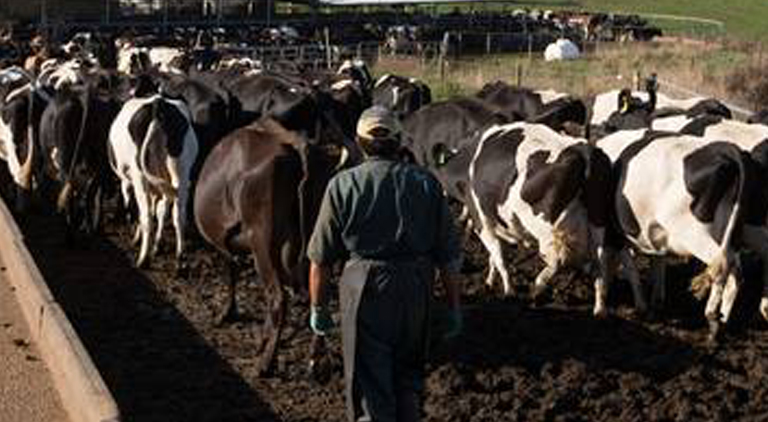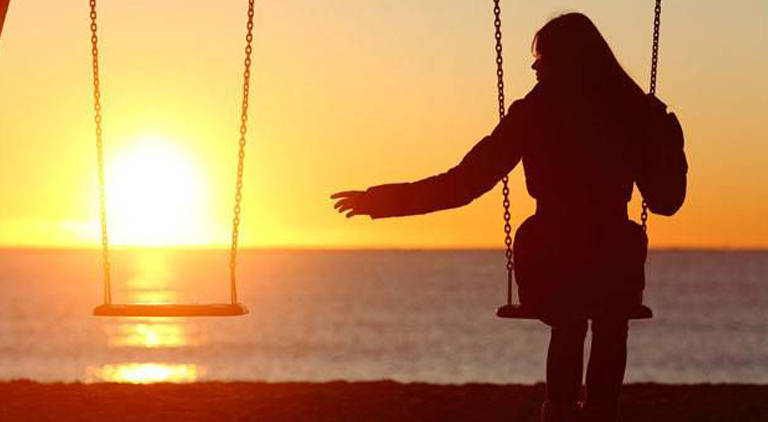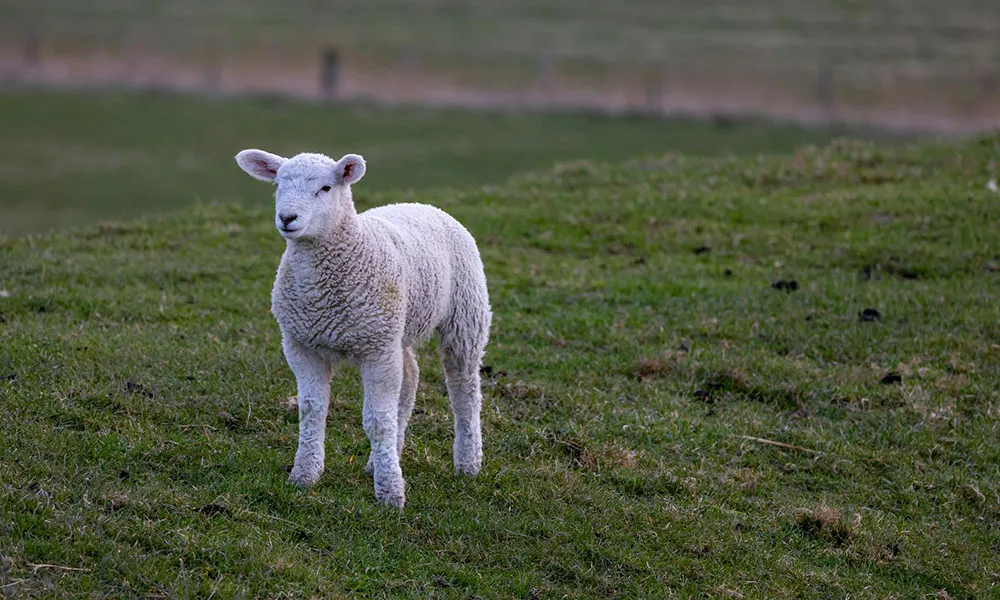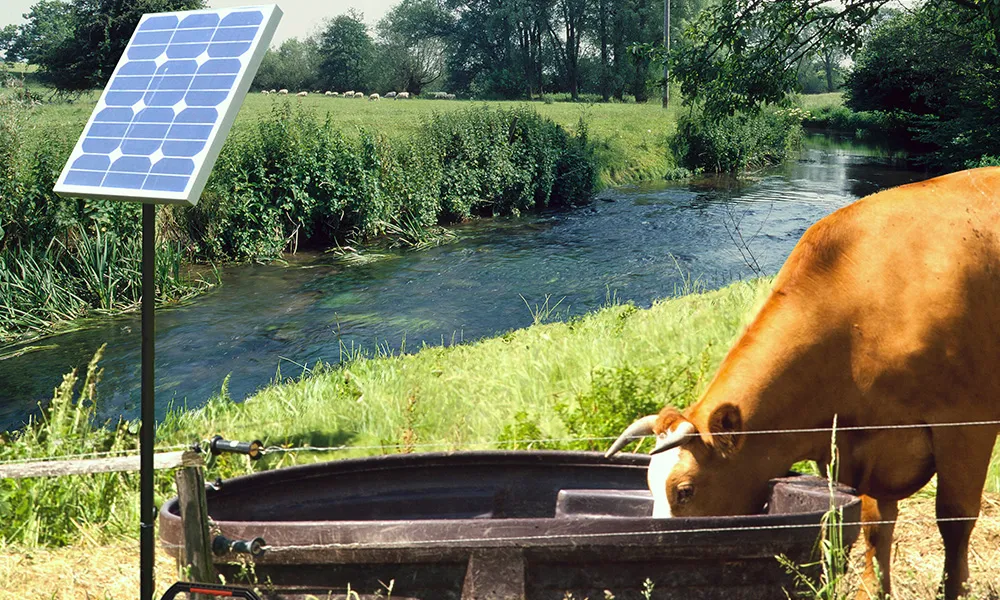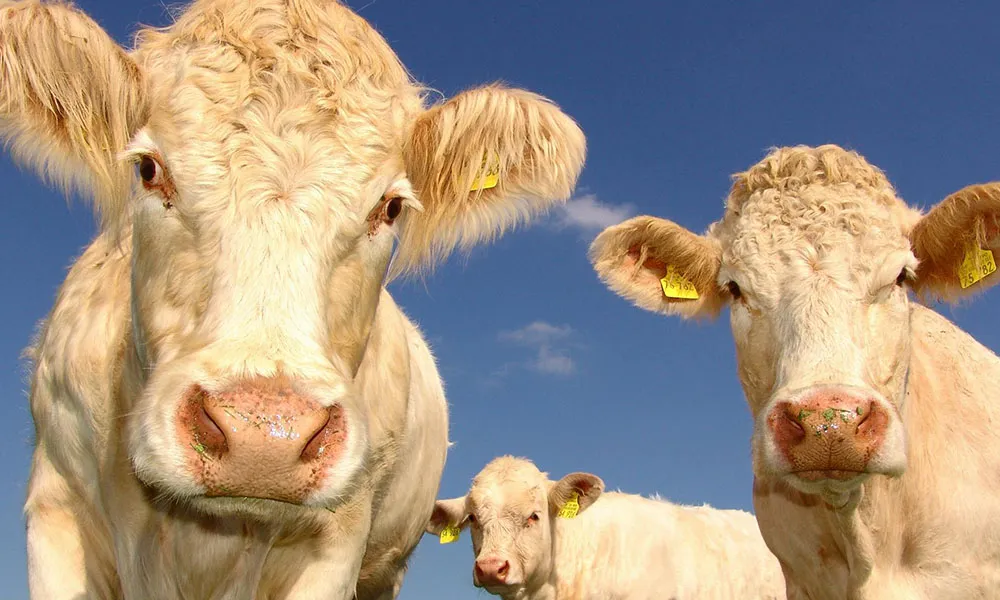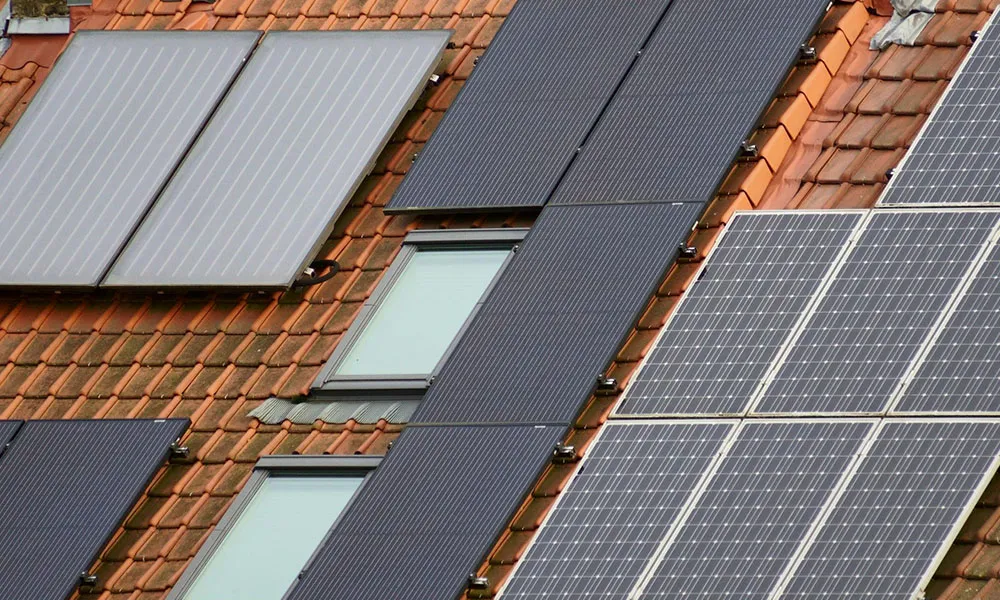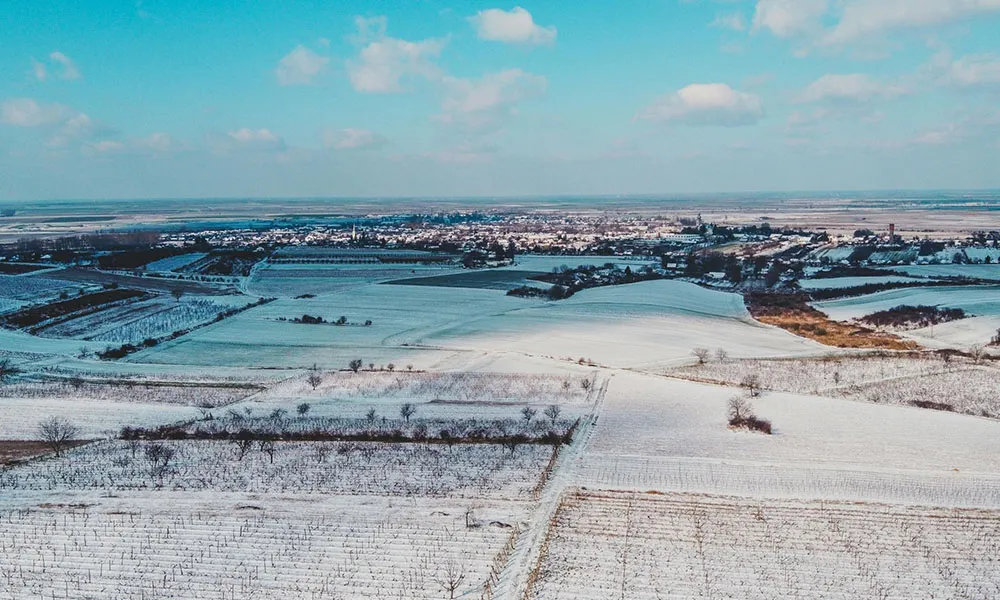
Loneliness
On the 13th of June 2018 the Loneliness Taskforce published a report on the state of loneliness in Ireland.
In the report they state that loneliness is becoming one of the biggest problems affecting people’s health in this country. Affecting our immune system, damaging our sleep quality, increasing our risk of heart disease and seriously damaging our mental health are just a few issues that loneliness can cause. With many links to depression and reduced life expectancy, loneliness is no longer an issue that solely affects the elderly. It is now a national problem affecting young and old, country and urban dweller alike. So, why is this? In a world where you can now see and talk to someone on the other side of the world with the push of a button, why are we lonelier than ever?

Technology
There are many factors contributing to increased loneliness. Surprising as it seems technology is actually one of the contributing factors. In a world where you can talk to millions, it is now a lot harder to connect with just one on a personal level. Go out to a restaurant and you will see couples ignoring each other, scrolling their phones. Most likely they are looking at other peoples’ lives, hitting like occasionally; oblivious to the person opposite them.
Communication is increasingly in the form of text message. While it can be useful for some things, it is very impersonal. Words now have to be taken at face value. It seems to me that people now take this into personal, real life interactions and take everything at face value. This is leading to the death of satire, irony, and even banter, sucking the fun out of such interactions. This, in my opinion, also lead to the ridiculous situation this Christmas of people trying to ban “Baby it’s cold Outside” for being “a rape song”. If you take the words as just text, you could infer this into them. However that is completely disregarding the tone in which the words are sang and the fact that by the end they are singing in harmony.
Communication is more than mere words alone. True communication relies on tone of voice, situation, body language and even pronunciation. Our reliance on technology is eroding our ability to recognise and use these vital parts, leaving us with nothing but words.
In addition, our increased dependence on social media has actually distanced us from those we hoped to connect with. Instead of having conversations with people we share meaningless pictures of our food and pets. We hit “like”, “heart” or an emoji face instead of actually connecting with the person on any real level. Worst of all we end up comparing our lives to staged pictures and the lives of “happy” people. We end up competing with each other instead of connecting.
Overworked
But technology isn’t the only reason we have such an increase in loneliness.
In today’s hustle bustle world nobody has time for visiting. We are working harder and longer to scrape a living. We work, watch T.V or scroll the web and we sleep, with little or no time for anything else. If we have co-workers, we are so stressed and busy we rarely connect with them.
For farmers working alone the time spent with others is so short connecting with them is almost impossible. Holidays, for those who can afford them, are spent de-stressing away from people often in a foreign country. There is no time left for visiting the neighbours, or any community activities.
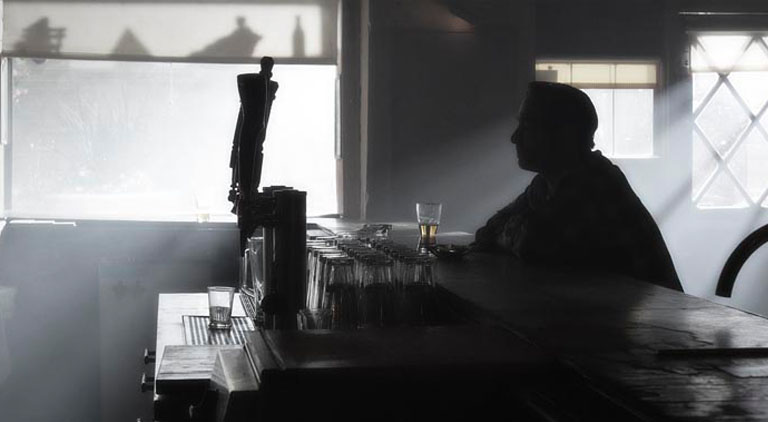
Loss of the Community
For some, usually older generations, loneliness comes from a lack of social events available to them. In the old days we had stronger communities. We had mass on a Sunday, the local shop, the post office, the mart and of course the few quiet ones in the local pub. These are all being slowly eroded away in many rural communities.
Added to all this is the increased pace of life. Our grandparent’s generations weren’t too busy for a Céilí in the evening. Not only Céilí dances but visiting each other’s houses for stories and a drink. By all accounts these Céilí’s were renowned for the craic that was had and the bonds that it helped create. Now we watch the Netflix.
Isolation
There is also that older person who has lost family and friends leaving them isolated and lonely as a result. Unsure of how to make new friends, they remain isolated.
Those with disabilities are often even more isolated, particularly in rural areas.
There is very little social events left in rural areas and there is even less if you don’t drive.
The lack of public transport in rural areas leaves it very difficult for the most vulnerable people to access any social event that could offer a chance to meet people.
Where as in generations past we had everything we needed in the local vicinity and we knew everyone in the neighbourhood or area we now have to travel further and further and know less about each other. It’s no wonder so many people have feelings of being lonely.
All these and many other reasons are contributing to an increased sense of loneliness being experienced around the country. As it’s a taboo subject no one seems to want to talk about it. But we need to talk about it if we are to find a way to help!
What to do?
There are a lot of things we can do to reduce the levels of loneliness in this country. As every crisis before has shown us, complaining to the government isn’t going to get us anywhere. This government in particular have no plan for rural Ireland as seen by their recent calls for an “uber-style” service. To save having to roll out bus services, they will ask us to pay our neighbours to give us lifts. Just like we were expected to pay bin charges long before our city slicker cousins, and set up and manage our own water schemes, the government want us to sort our own transport system.
This is what already happens in most areas, though most neighbours won’t take payment. Yet again, the government try to claim our work as a government initiative to bolster their popularity. Unfortunately we will have to continue to come up with the idea’s while the government flounder behind.
If you’re feeling lonely then you need to get pro-active. Dwelling on loneliness only leads to its paralysing cousin, Depression. So you need to get up and do something about it. For this reason I’ve compiled this list of simple things you can do to help
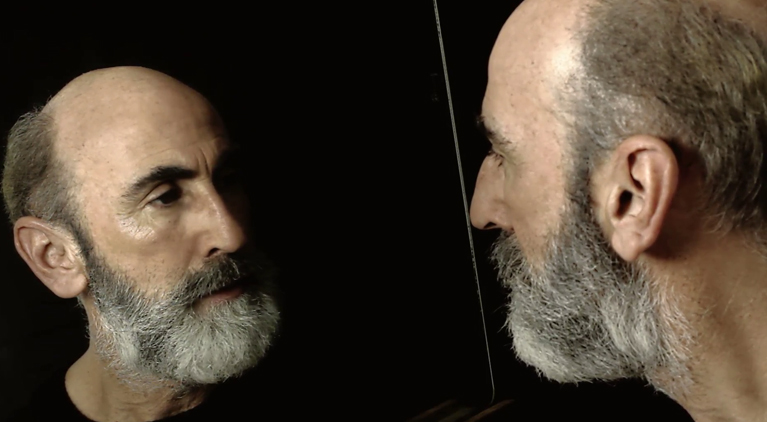
1. Understand your feelings-
Why are you feeling lonely?
What do you need to not be lonely?
How do I feel after scrolling the internet instead of talking to people?
These are the questions you need to ask yourself. You need to know what sort of relationship you need to feel less lonely. For some people simply getting to meet people and say hello is enough to stop feeling lonely, while others can feel lonely when surrounded by people. They need a deeper connection, someone they can open up to. You need to know yourself. Once you understand your own feelings it’s a lot easier to find the way out of loneliness.
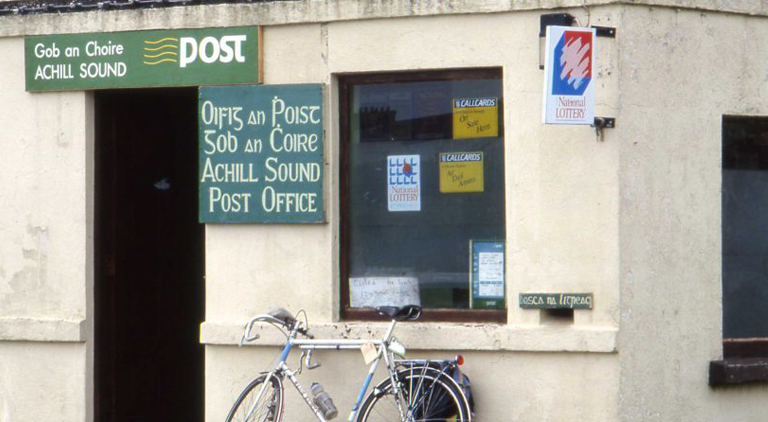
2. Support local shops-
Shop in your small local shop.
Go to your local butcher.
Use the post office.
Not only do they offer a chance to meet people, they are hubs of the local community. If we don’t use them they will be forced to close. People will leave the area or waste more time travelling for these services which leaves less time for meeting people. If that’s not worth a few extra euro on your shopping then I don’t know what is.

3. Cut internet time-
An easy step to follow is to cut down on your social media activity.
You can get apps now to monitor and limit your usage if you find you are slightly addicted to Facebook, Instagram or Snapchat. You’ll be surprised at how much free time you have for other activities.

4. Strengthen Your Relationships -
You will probably have people in your life, you just haven’t connected with them on any real level.
Take the time to get to know them better.
Invite them over for a drink or coffee.
A lot of people have fallen out with family or friends over small differences. Ask yourself if it is really worth holding a grudge over them slighting your clothing choices. Offer the olive branch and reconnect. If you’ve lost contact with school or college friends reach out and see if you can catch up.

5. Think of Others-
Instead of focusing on your feelings of loneliness and how you have no-one to visit you, ask yourself who you can visit today.
Think about those people in your area, who might be lonely too and set aside some time to visit them.
If everyone sits around complaining that no-one visits, then no-one would ever visit anyone!
If you feel you’re always the one visiting but they never reciprocate, invite them over with a specific date and time.
Often people are worried about just “dropping by” for fear of disturbing or putting you out.
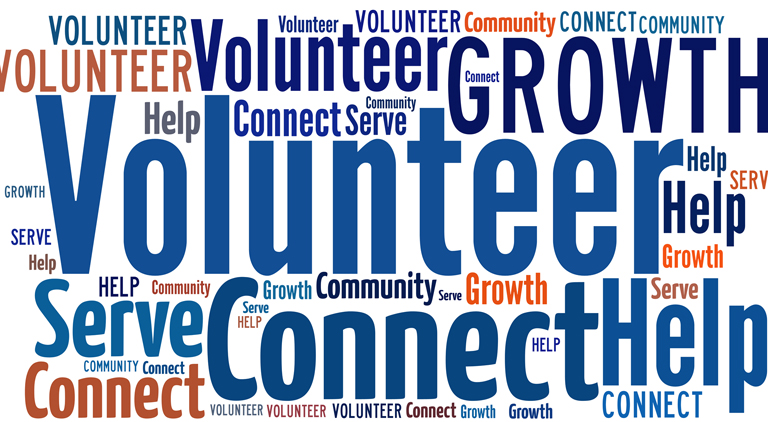
6. Volunteer-
There is a lot of charities out there that need volunteers to help out.
Fóroige for instance, have a big brother/big sister programme that is always looking for people to volunteer. They will pair you with a young person who needs support and a friend. You meet once every week or two and do activities together. There will also be chances to meet other volunteers at events throughout the year. I started volunteering nearly four years ago and find it an excellent way of meeting people.
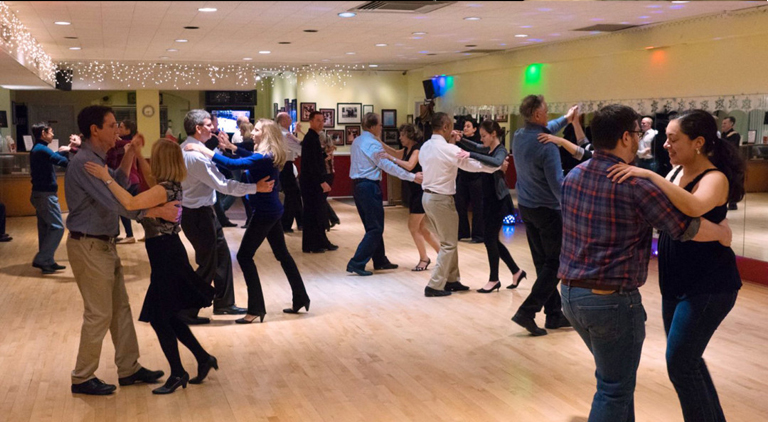
7. Join a local Group-
Instead of spending every evening scrolling your phone and watching TV get out and join a local group.
There are drama groups and dance groups all over the country that are always looking for new members.
Lots of churches will have a choir. These are great ways of meeting new people. They will involve group or pair work and often have icebreakers to help people get to know each other. If there isn’t a group that interests you locally maybe it’s time to set one up. How about a book club? Maybe there would be interest in your area for a game of cards every Friday? It doesn’t have to be a big group. Keep costs down and enjoyment up. It’s about making connections and friendships not about showing off your organisational skills or how much money you have.
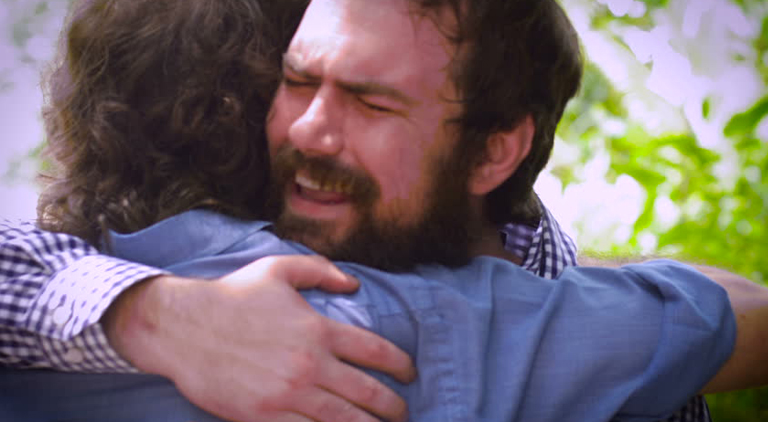
8. Shake hands and Hug More-
Studies have shown that touch is a very important feature of companionship.
Humans are social animals and touch is a vital part of that. If you don’t have a partner or family member you are comfortable hugging, start shaking hands with people you bump into in the shop. Or the mart. Even this small amount of touch will release Oxytoxin the “feel good” hormone which promotes positive thinking. It also releases serotonin and dopamine which reduce stress and anxiety. It can also boost your immune system. A hug will give even better results so bringing back the friendly hug is something that we should look at! (Another thing drama classes are good for, dramatic people are usually big huggers. Dance of course will have lots of touch)

9. Go To Events-
Stop watching the world though a screen.
Go to GAA games and support your local team.
Go to a theatre show.
Go to a pub quiz.
Not only is it more enjoyable than watching T.V but you get to meet people who share your interests and gives you a topic to break the ice with. You are sure to meet people; you just have to grab the initiative.
So there you have it, 9 ways to help combat loneliness, not only for yourself but for others in your community. Remember you saw them here first. Don’t let the government fool you in a few years trying to claim them for themselves. We need to be proactive. “Nothing comes to those who wait” and “nothing comes from nothing” are two of my father’s favourite sayings. When fighting loneliness they are very apt. Another very smart person once said “The very definition of insanity is doing the same thing over and over again and expecting different results.” This perfectly sums up the people waiting for the government to tackle this problem. We can’t wait for the government to fix this while our friends and neighbours struggle. Throwing money at this problem isn’t going to give us a quick fix. If we want our communities to thrive and people to stop feeling lonely we need to step up and work for it. Here’s hoping no one has to feel lonely this year.
RGA




